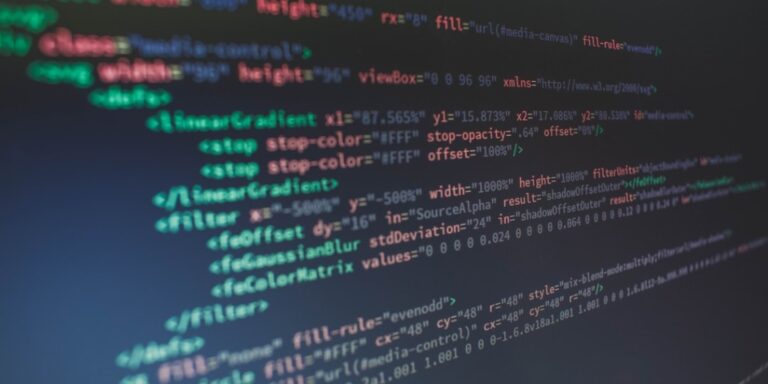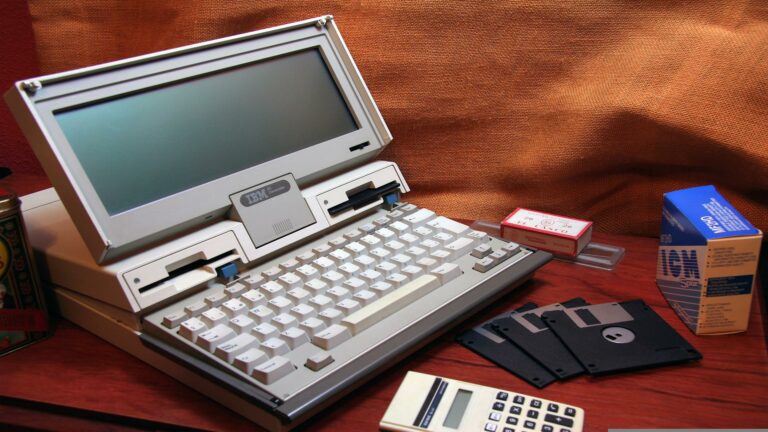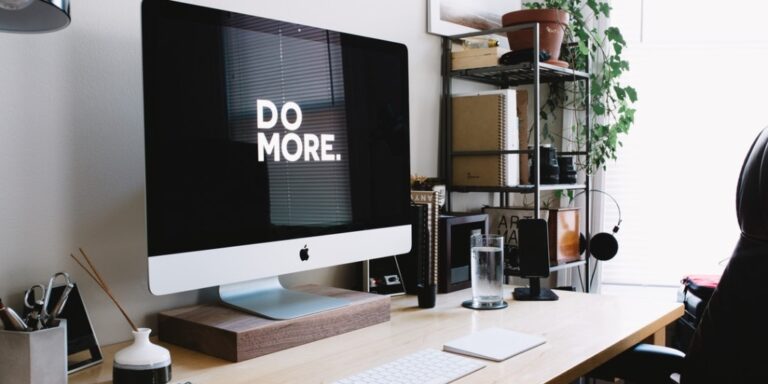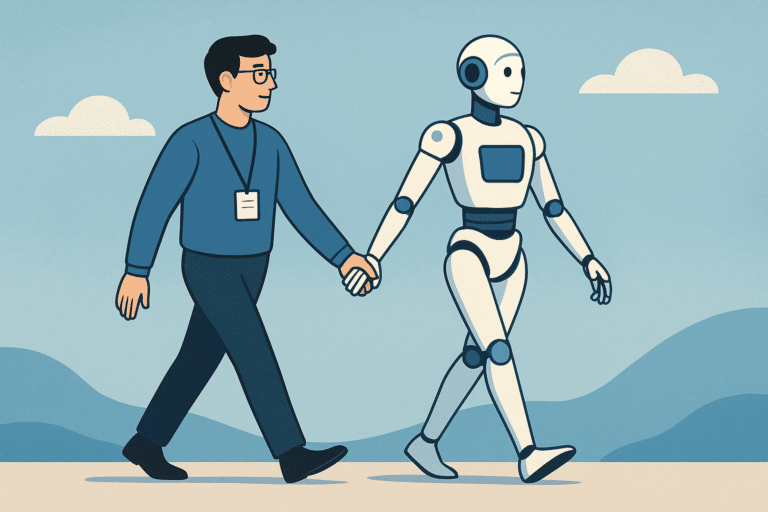“What you do speaks so loud that I cannot hear what you say.” – Ralph Waldo Emerson
Body language is an essential part of communication that can convey a lot about a person’s confidence, competence, and professionalism.
In a job interview, it is important to make a positive first impression, and body language can play a crucial role in achieving that.
In this blog post, we will explore the importance of body language in a job interview and provide tips on how to use it effectively.
The Importance of Body Language
Preparing for a job interview can be nerve-wracking, but being prepared can increase your chances of success.
In addition to doing your research, practicing common interview questions, and picking out the appropriate outfit, it’s important to be mindful of your body language.
First impressions matter, and body language is a key component of that. When you walk into an interview, you want your body language to convey strength, assuredness, and confidence.
According to one study that looked specifically at facial behaviors during job interviews, eye contact and smiling were found to be of particular importance to employers.
Another found that nonverbal cues such as posture, handshakes, facial expressions, and fidgeting were some of the most telling.
In an interview, your body language is your first opportunity to convey both confidence and professionalism, so it’s important to get it right.
Body Language Tips for Your Next Interview
Make Good Eye Contact
Eye contact is the basis for making connections and building relationships. Holding eye contact during a conversation shows attentiveness and interest in what is being said.
It’ll also help you, as the interviewee, focus on the conversation and more accurately read facial expressions. This can help improve understanding and improve communication between yourself and the interviewer.
Poor eye contact, which includes wandering eyes, staring down, and looking at your watch, however, will make you appear apprehensive and distracted.
Stay Alert and Responsive
While in a job interview, you want to practice the art of active listening.
Defined, active listening is the practice of preparing to listen, observing what verbal and nonverbal messages are being sent, and then providing appropriate feedback for the sake of showing attentiveness to the message being presented.
It’s a way of listening and responding to another person that improves mutual understanding.
To convey that you’re engaged and attentive during the interview, lean slightly forward toward the interviewer and nod along to what they’re saying.
Practice Good Posture
Not only does proper posture improve spinal health but it also helps to convey confidence.
To practice good posture while sitting, you’ll need to sit up with your back straight and your shoulders back, with your buttocks touching the back of your chair.
A good trick to help keep good posture is to rest your hands on the table or desk in front of you.
While it can be easy to slouch, doing so conveys lack of energy and confidence. Appearing too rigid, on the other hand, can make you appear uncomfortable or unfriendly.
That’s why practicing good posture at all times, especially when you’re interviewing for jobs, is important.
Get Comfortable
Before entering the job interview, take a deep breath, and try to relax and be present in the moment. By breathing deeply a message is sent to your brain to calm down and relax.
And while it’s important to look good and dress professionally in a job interview, you don’t want to sacrifice comfort for style.
That means nothing too tight fitting that’ll cause you to fidget and shift in your seat. Doing so will make you appear uncomfortable, distracted, and lead you to potentially send the wrong message.
In conclusion, body language plays a crucial role in making a positive first impression and conveying confidence and competence in a job interview. By paying attention to your body language and using it effectively, you can improve your chances of making a positive impression and landing the job.








